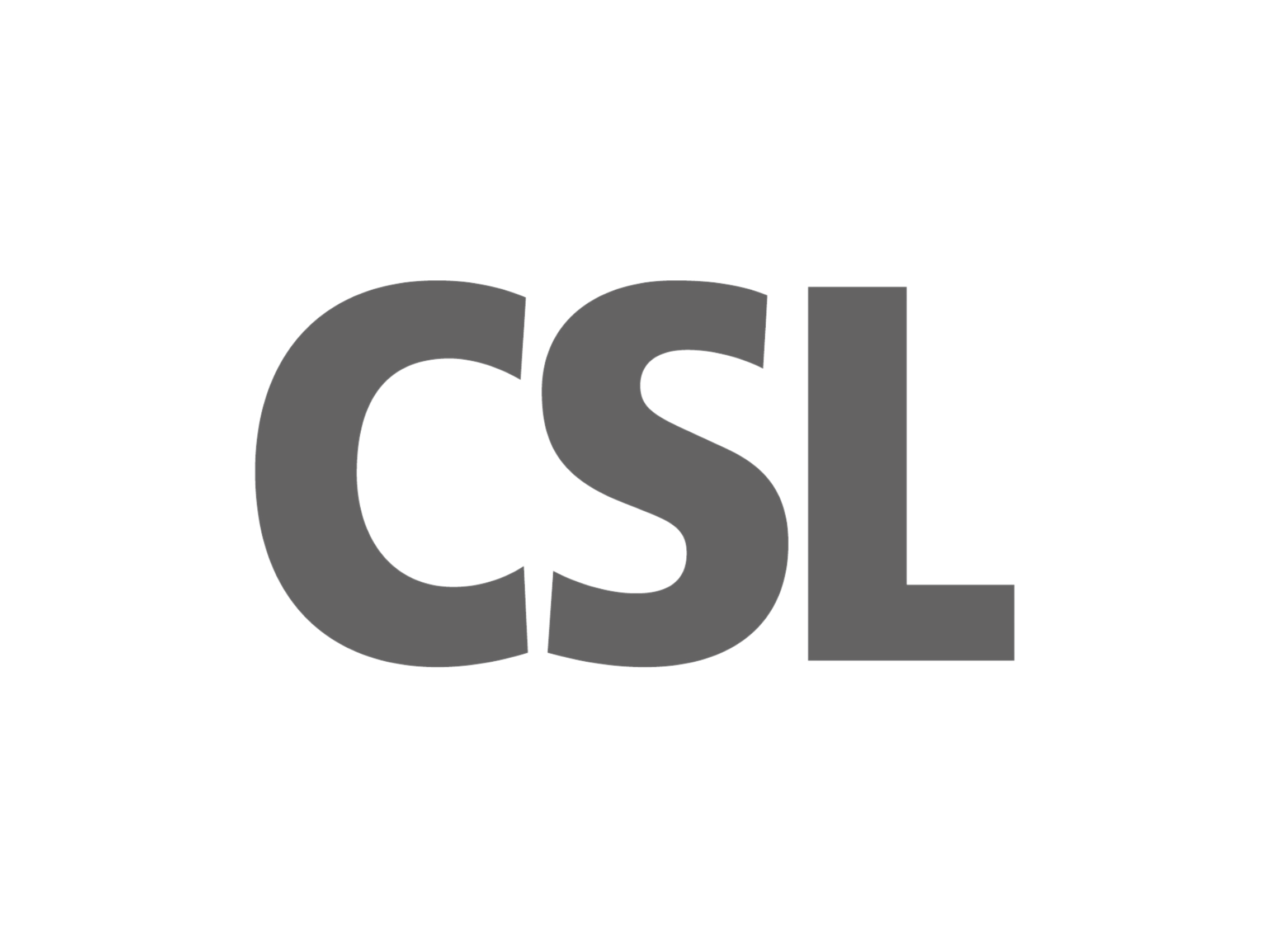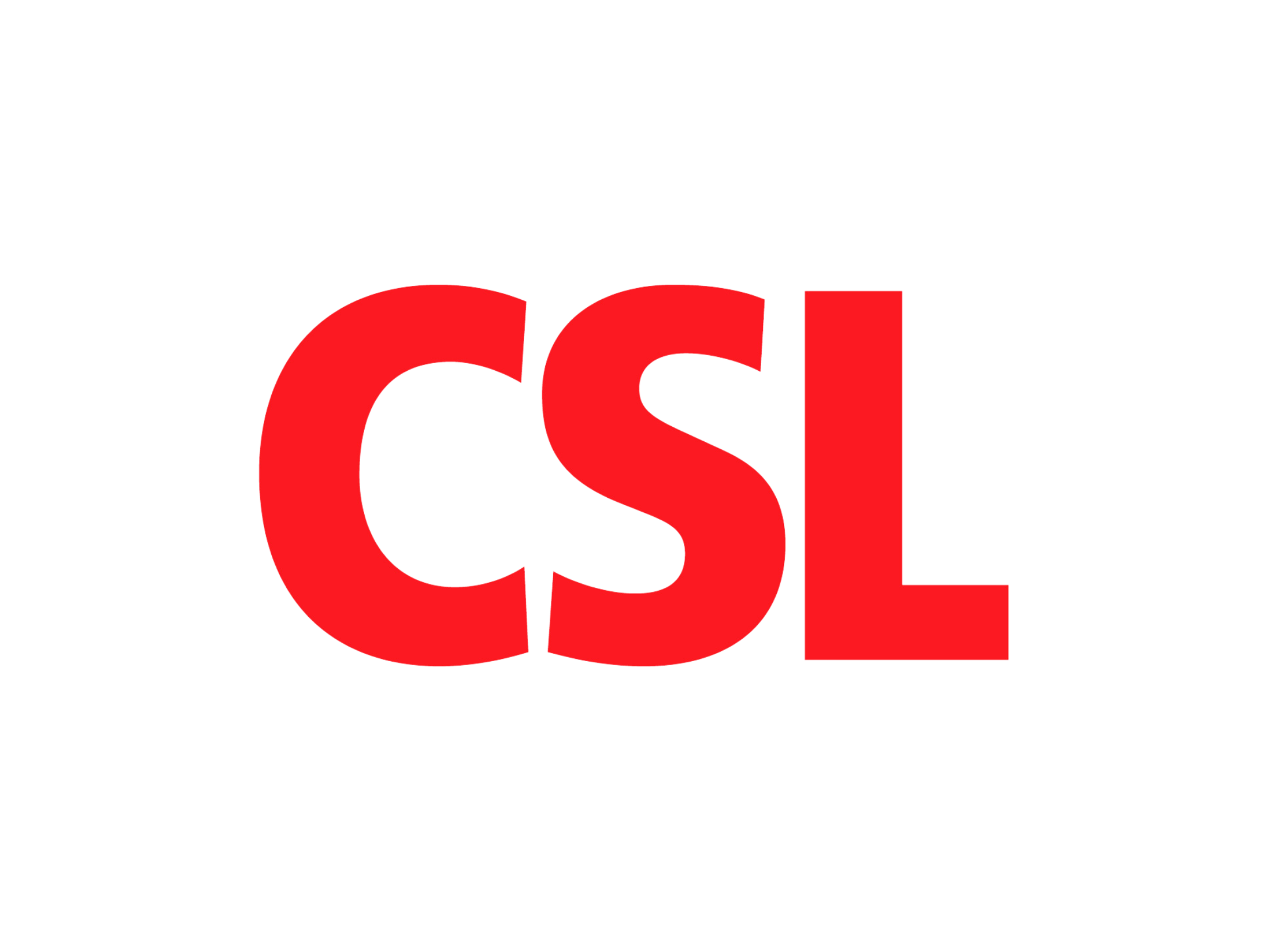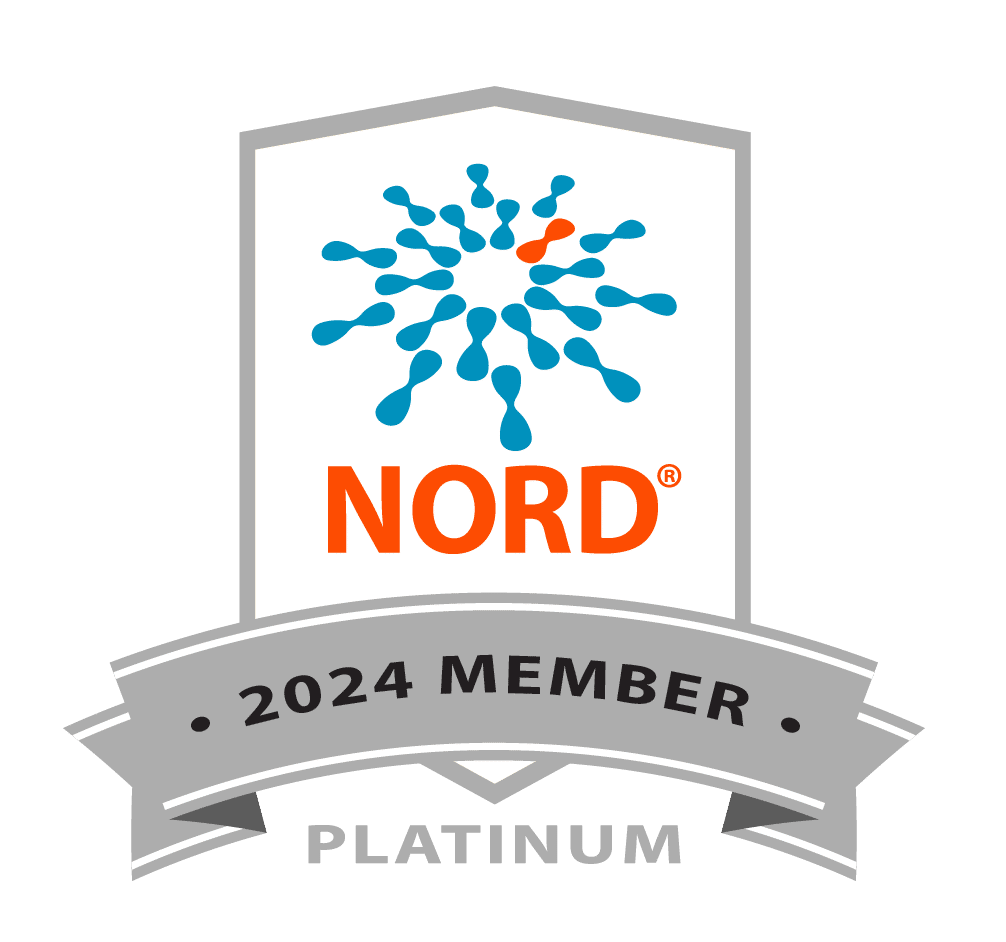CLEVELAND — Tips to avoid becoming infected with COVID-19 are straightforward – social distancing, wash your hands thoroughly, don’t touch your face. These are all helpful recommendations, though largely reactive. COVID-19 has snatched away much of what we used to control.
But, we absolutely maintain control of one thing – how we react to this crisis and how we can deploy an important human anti-viral weapon – compassion. We can act with compassion and lift up compassion when we see it in others’ actions. Almost every culture, religion and nationality says yes to compassion.
Over 2,000 years ago, the Stoics taught us we can’t control what happens. We can control how we respond. More recently, neuroscience revealed that control can help combat helplessness and increase optimism. When we have control, we react to bad events with confidence that we can endure and with stamina to do so.
If we want more compassion, we must believe that having compassion is in our control.
The good news is that compassion has exploded since the pandemic started. Compassion means relieving someone else’s suffering. It’s about service and sacrifice. On the front lines, health caregivers of all sorts are embracing their missions to care for the sick at the expense of personal risk and worry about their own families. Citizens across the country have stepped up to provide care for friends and neighbors and have reached out to strangers who need help.
Compassion might seem like a loaded word, reserved for Mother Teresa types, far beyond ordinary possibility. But Bishop Desmond Tutu in South Africa has argued that, in order to be compassionate, you simply must act.
This is exactly what medical students in Cleveland and, separately, in Minneapolis did. They developed a Google Docs signup sheet to volunteer for tasks that would help interns, residents, and fellows who are on the front line of COVID-19 care. Students signed up for grocery shopping, child care, and organizing teaching syllabi as their institutions prepared to take on the surge.
Despite often being self-absorbed, we can learn to attend to others. And, when we act more selflessly, we increase our own resiliency and decrease our fragility. Here’s how:
First, stress and pressure are on overdrive for all of us now. People can take on loads of stress when they have loads of support.
Second, this is a time when we need to bounce back from the many setbacks and disruptions that this pandemic is causing all of us. We can’t fold under pressure even when we lack confidence, are scared, or exhausted. Just as helplessness is learned, so is resiliency. The best predictor of resiliency is the quality of our relationships. In contrast, fragility is a byproduct of our inability to form or have trusting and caring relationships.
Third, responding to this virus demands courage. The word “’en’courage” makes clear that we respond best to fear when we are part of a caring, supportive family, team, organization, and community. You can summarize lots of research about courage and high performance with this statement: Bold innovation is best achieved from a secure base of trust and care. It’s the so-called soft stuff of compassion and its close cousin, trust, that cultivates the toughness we need now more than ever.
COVID-19 isn’t the only thing that is contagious. Compassion is, too. Just imagine how much more contagious compassion and the other six classic virtues — trust, justice, hope, courage, temperance, and wisdom — would be if we were more intentional in practicing them.
Unlike masks and ventilators, compassion is an inexhaustible asset. Now that we are socially distancing, we crave connection even more. And, after we defeat this virus and we are back together reflecting on our collective triumph, we might wonder whether our conquest of COVID-19 was complete if we don’t remember how to treat each other well.
When we get better at practicing compassion, we get better at defeating COVID-19. And, our victory will have been well worth the fight.
Dr. James K. Stoller is chairman of the Education Institute and a member of the staff of the Respiratory Institute at the Cleveland Clinic. He holds the Samson Global Leadership Academy Endowed Chair at the Cleveland Clinic Lerner College of Medicine. Peter J. Rea is vice president for integrity and ethics at Parker-Hannifin Corp. Alan Kolp holds the Baldwin Wallace chair in faith and life and is a professor of religion at Baldwin Wallace University.
Source: Cleveland.com











